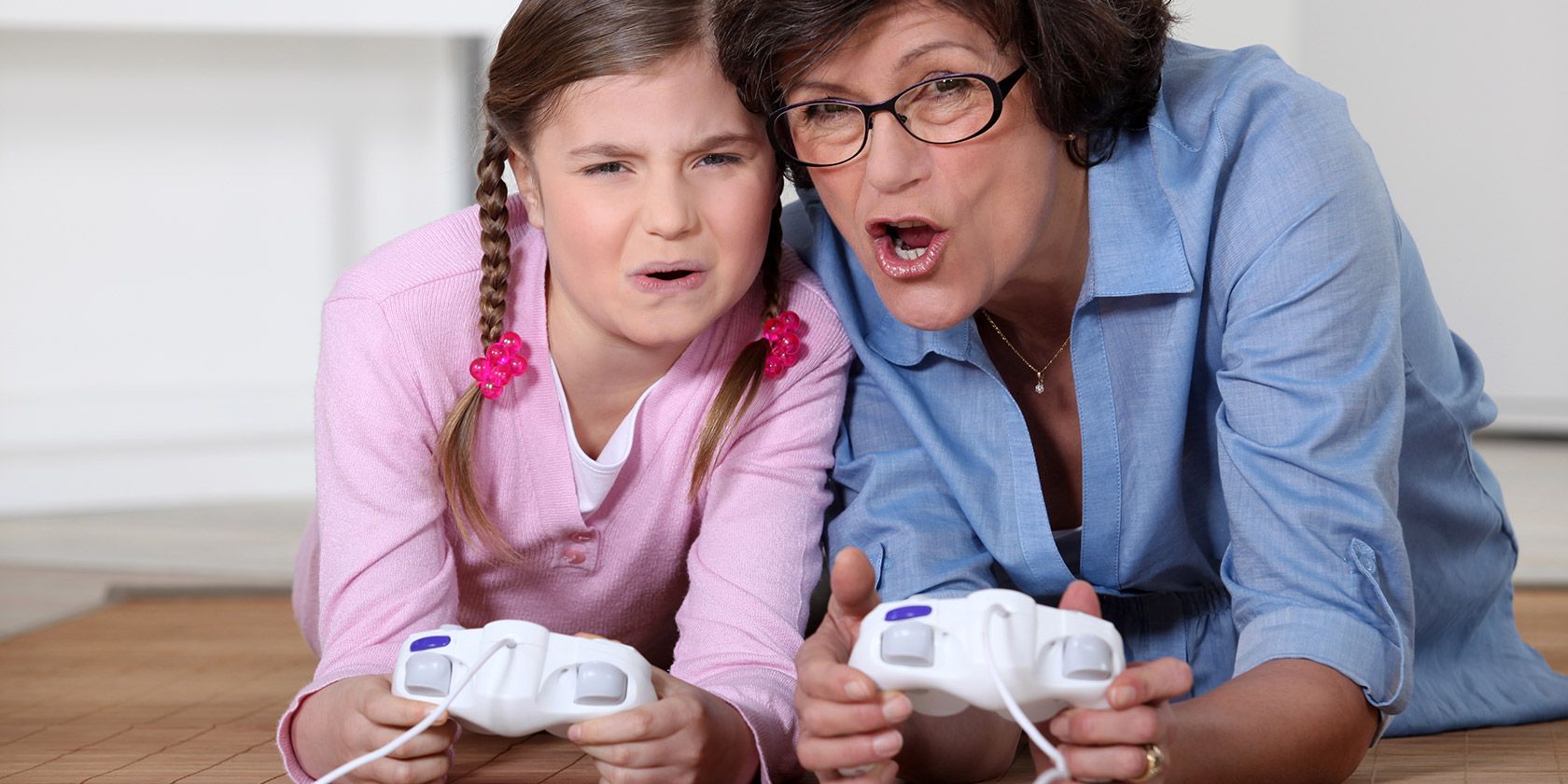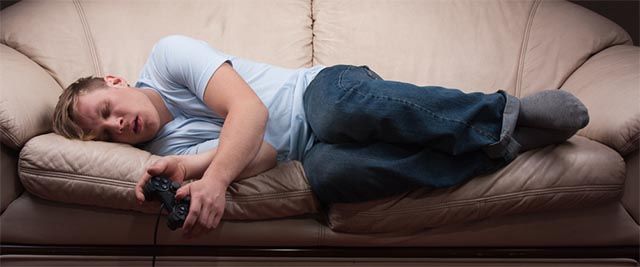Not all gamers are stinky, fat introverts dwelling in a basement. Not all gamers are socially awkward teens with four eyes and greasy hair. In fact, if we all took a step back and ignored pop culture's depiction of gaming enthusiasts, we might come to see that most video game fans are just normal folks who want to be entertained.
You might roll your eyes and think, "Stereotypes exist for a reason." Yes, on some level that is true. Stereotypes don't form in a vacuum and it'd be dishonest to say that stereotypes can't be true. However, stereotypes are contextual — perhaps true in a given time period or setting but never across the board.
The worst gamer stereotypes often develop based on a vocal minority. It's not so much that gamers are jerks. Rather, jerks who play games are the most likely to be vocally prominent, making it easy to assume that they represent all gamers. It's a classic mixture of selection bias and confirmation bias.
Here are some of the worst stereotypes that just aren't true in this day and age.
Myth: Gamers Are Young Males
The traditional view of a gamer is a teenaged boy who comes home from school, throws down his backpack, and plops down in front of the television to play his Xbox One or PS4 for hours on end. Does that happen? Of course it does. Does it represent the entire industry? Not quite.
According to the Entertainment Software Association's 2014 video game industry survey, 59% of Americans play video games. Of them, 71% are over 18 years old with the average age being 31 years old. And if you thought the demographics were dominated by men, you may want to reconsider: 48% of gamers are female.
The typical reaction to those stats is: "Well, those people aren't real gamers." That kind of thinking is a direct example of the No True Scotsman Fallacy and results in a strange phenomenon where we define gamers by their stereotypes rather than disarming said stereotypes because they're no longer true.
Gamers are people who play games. It's as simple as that. Tune into a few different Twitch live streams to see just how diverse the demographic has become.
Myth: Gamers Are Lazy
This is one stereotype that really bogged me down during my own childhood. On the one hand, it's unfair. Binging on Netflix and watching entire seasons of television at a time? Normal. Reading book after book after book? Admirable. Sinking hours into Facebook, Twitter, or Reddit? Everyone does it.
Yet once you invest time into video games, suddenly you're a lazy loser with no passions or life goals. Not to say that gaming is any better than other forms of media, but it certainly isn't any worse.
This laziness is often expressed as escapism. Of course, some people do find themselves addicted to video games because they offer a safe form of mental escape. However, isn't that true of all forms of entertainment? Just as Netflix, books, and Reddit all provide a moment of fresh air in the busyness of life, so do video games.
But some gamers are the exact opposite of lazy. For example, many competitive esports players treat their training routines like a full-time job: at least 40 hours of dedicated practice per week. Sure, esports doesn't demand as much physically from players as traditional sports, but the mental aspect of practicing even when it stops being fun is always there.
Should that kind of work ethic be considered lazy? No, I don't think so. Misguided perhaps, but certainly not lazy. And as for gaming being a waste of time, there are actually several life skills gaming can help us develop.
Myth: Gamers Are Socially Awkward
The basement dwelling stereotype is one that encompasses many different groups: gamers, hackers, programmers, etc. The common link is that these people enjoy spending their time in front of a keyboard, mouse, and monitor. Some call them introverted. Others call them socially awkward.
But does an affinity to computers necessarily imply that one is either introverted or socially awkward? Maybe, maybe not. It's easy to point out gamers who lack social sense when we see them, but how many "normal" gamers pass us by without us ever realizing it? Again, confirmation bias plays a big role here.
Not to mention that approximately 50% of America is introverted. If we assume the statistic is also valid for most first-world countries, then gamers as a demographic must be more than 50% introverted if the stereotype is to hold true. Otherwise, it'd be more proper to conclude that a socially awkward gamer just happens to be a gamer who is socially awkward.
Given that we're all spending more time in front of monitors and mobile screens, it only seems right to say that people as a whole are losing social sense. Maybe it has nothing to do with the gaming industry at all.
Final Thoughts
The gaming industry has shifted a lot over the last decade and the demographic has shifted along with it. There may have been a time when lazy and socially awkward boys were a vast majority, and while those kinds of gamers do still exist, they are no longer an accurate representation of the group.
Is it time to let these stereotypes die? Or do you think they hold just as true as they ever did? Share with us what you think in the comments below!
Image Credits: Playing computer game Via Shutterstock, Male & Female Gamer Via Shutterstock, Lazy Couch Gamer Via Shutterstock, Gamer Friends Via Shutterstock




